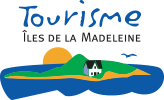

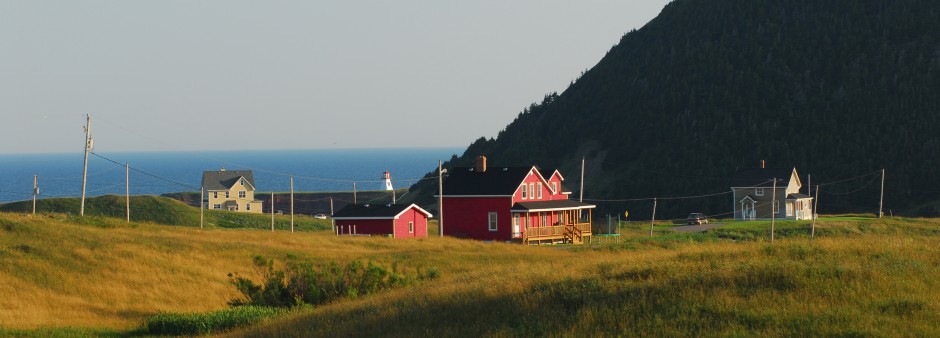
The island of Havre aux Maisons has retained its rural charm. It is a fine example of the manner in which Madelinots settled the territory: a plateau with a gentle slant toward the sea is dotted with traditional and very colourful houses. Havre-aux-Maisons offers very beautiful views and its inhabitants express their pride with an accent that is unique to the island.
Just like Entry Island, it is remarkable for its treeless landscape.
Havre aux Maisons Island is very easy to spot. The scarcity of trees is due to extensive lumbering during the last century. The smooth landscape of Havre aux Maisons Island stands out sharply against its worn red cliffs. The Îles de la Madeleine Airport is located on this Island.
The dunes take up a large percentage of its area, with Dune du Sud (south dune) on one side of the Island and part of Dune du Nord (north dune) on the other. Havre-aux-Maisons is a lovely rural area with winding roads and scattered houses located on what many consider one of the most beautiful islands of the archipelago.
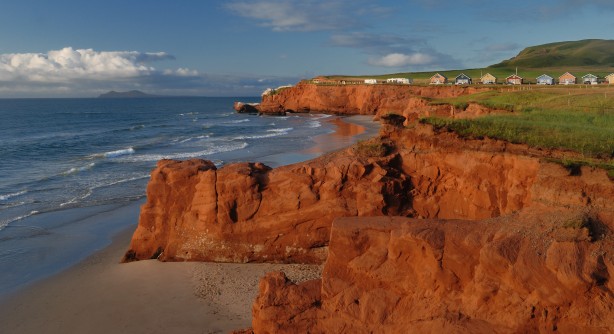
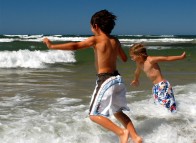
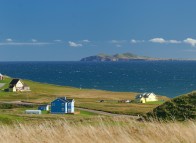
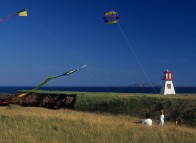
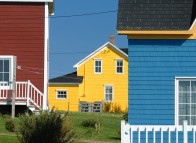
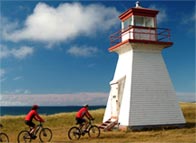
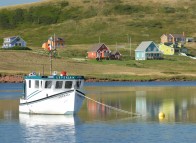
This district is composed of several townships, the most typical of which are La Pointe, Pointe-Basse, Dune-du-Sud, Petite-Baie and Cap-Rouge. Near the bridge joining Havre aux Maisons Island to Cap aux Meules Island is La Pointe. With its marina, wharves, and fishing infrastructures, it has always been a business and meeting point for the fishing trade. Blue mussel farmers have their equipment and processing plant here and farm mussels in the lagoon.
Just behind, across a narrow channel, we find Paquet Island, also called "Pig Island" because long ago it served as a place to raise pigs. Now the Island is home to many species of birds like terns, gulls and herons. For a view of the beautiful La Pointe site reflected in the calm waters of Petite-Baie with Cap aux Meules Island in the background, take a tour by Chez Mounette hill, along the scenic Chemin de la Petite-Baie and Chemin des Cyr. It is a wonderful place to enjoy unforgettable sunsets while Great Blue Herons quietly fish for their dinner.
Keep going and you will come to the old convent. Built in 1915, it is the only fieldstone building in the Îles de la Madeleine. Continuing along Route 199 you might stop at Sainte-Madeleine Church. Then you can visit La grande école, located in the old St. Joseph school, a heritage building dating from1906 that was recently renovated into an art centre.
Walk, drive or cycle along the Chemin de la Pointe-Basse. You will get a good picture of how Madelinots traditionally divided the land: the plateau that slopes gently toward the sea is dotted with brightly coloured houses. You will see some lovely examples of traditional homes. The small fishing harbour at Pointe-Basse used to be an important location for smoking herring. The Fumoir d'Antan brings to life an activity that was, in the past, very important to the Islands' economy. Continue along to the end of Chemin de la Pointe-Basse, where you will come to the Chemin des Échoueries. Stop by the Alright Cape lighthouse where you will have a spectacular view over grey cliffs, all of Plaisance bay and the outline of Entry Island.
Along Chemin des Montants, on the other side of the Butte Ronde hill, you will find a peaceful little valley with a few houses. This is one of the most beautiful sites in Havre-aux-Maisons. Farther on, before going down towards Dune du Sud, glance over to your left to get a good view of Les Sillons, furrows created by the unceasing movement of the dune under the influence of wind and wave. The roadside rest area at Dune-du-Sud gives access to a beautiful beach with picnic tables and toilets. Red cliffs sculpted by the sea shelter one side of the beach. Don't hesitate to explore the holes and caves at low tide. This is the perfect beach for family outings, as the water is calm here. On the other side is the long Dune du Sud, also named La Cormorandière, where you can walk for hours.
77 results
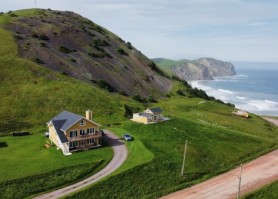

 (Add to favorites)
(Add to favorites)
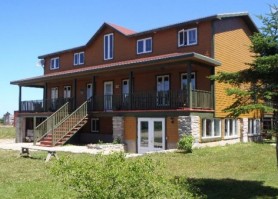

 (Add to favorites)
(Add to favorites)
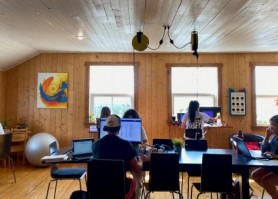

 (Add to favorites)
(Add to favorites)
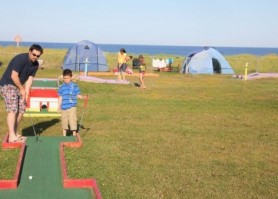

 (Add to favorites)
(Add to favorites)
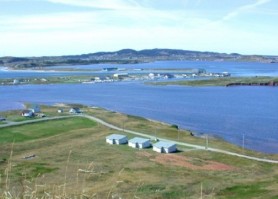

 (Add to favorites)
(Add to favorites)


 (Add to favorites)
(Add to favorites)
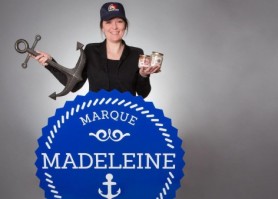

 (Add to favorites)
(Add to favorites)
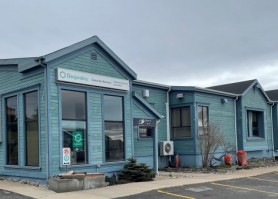

 (Add to favorites)
(Add to favorites)


 (Add to favorites)
(Add to favorites)